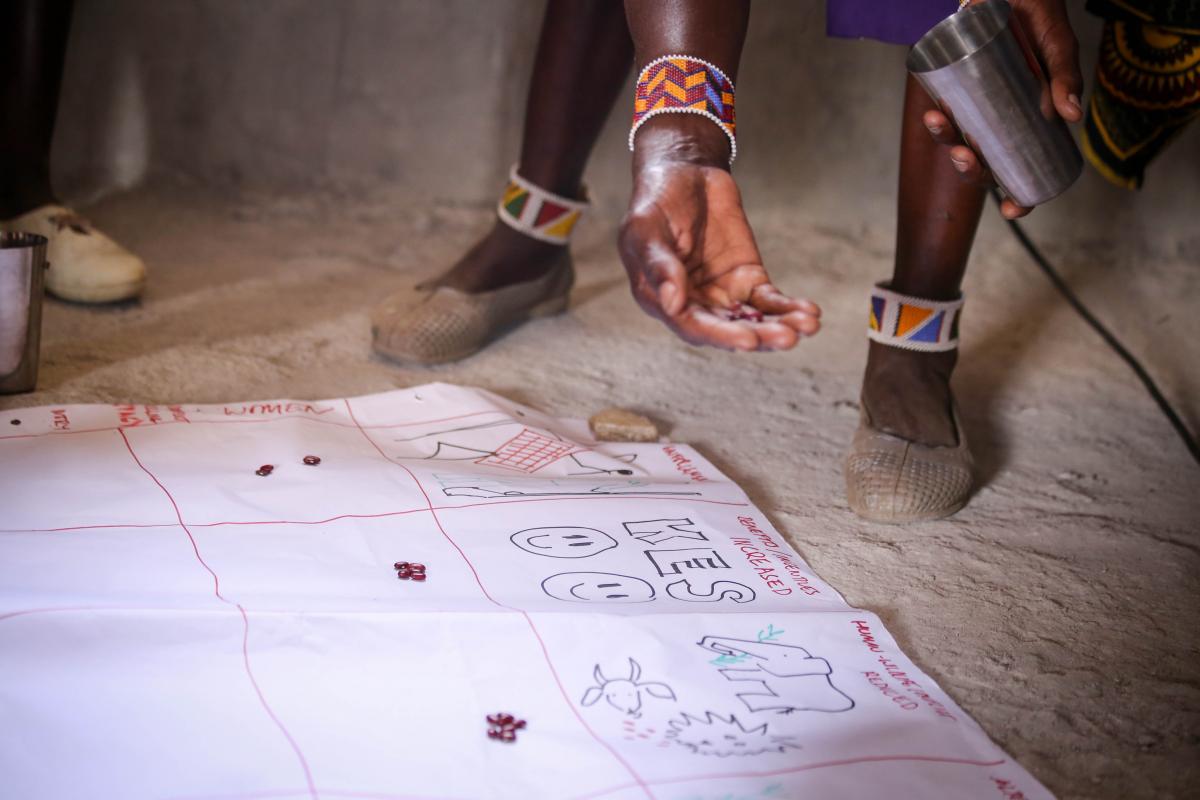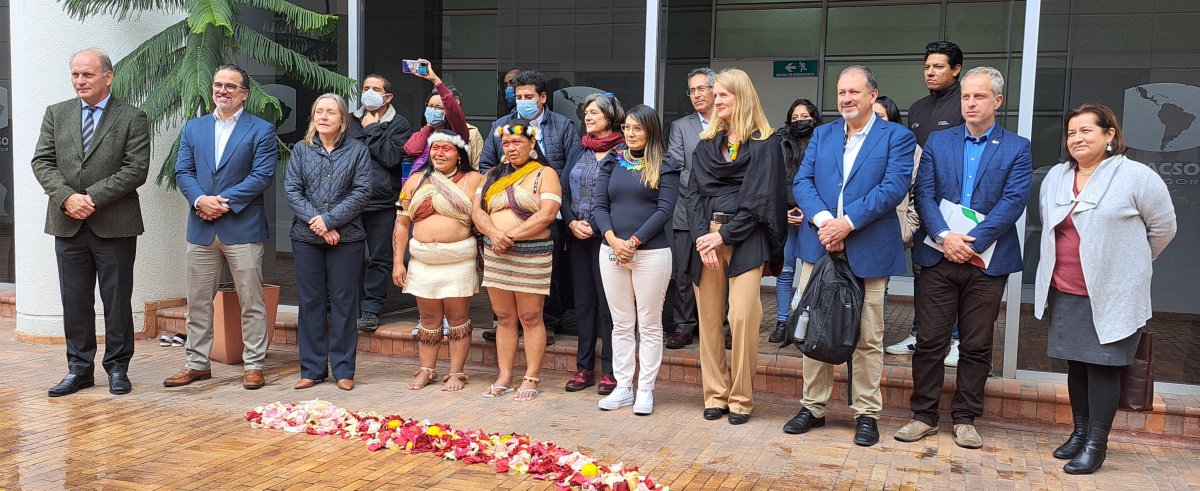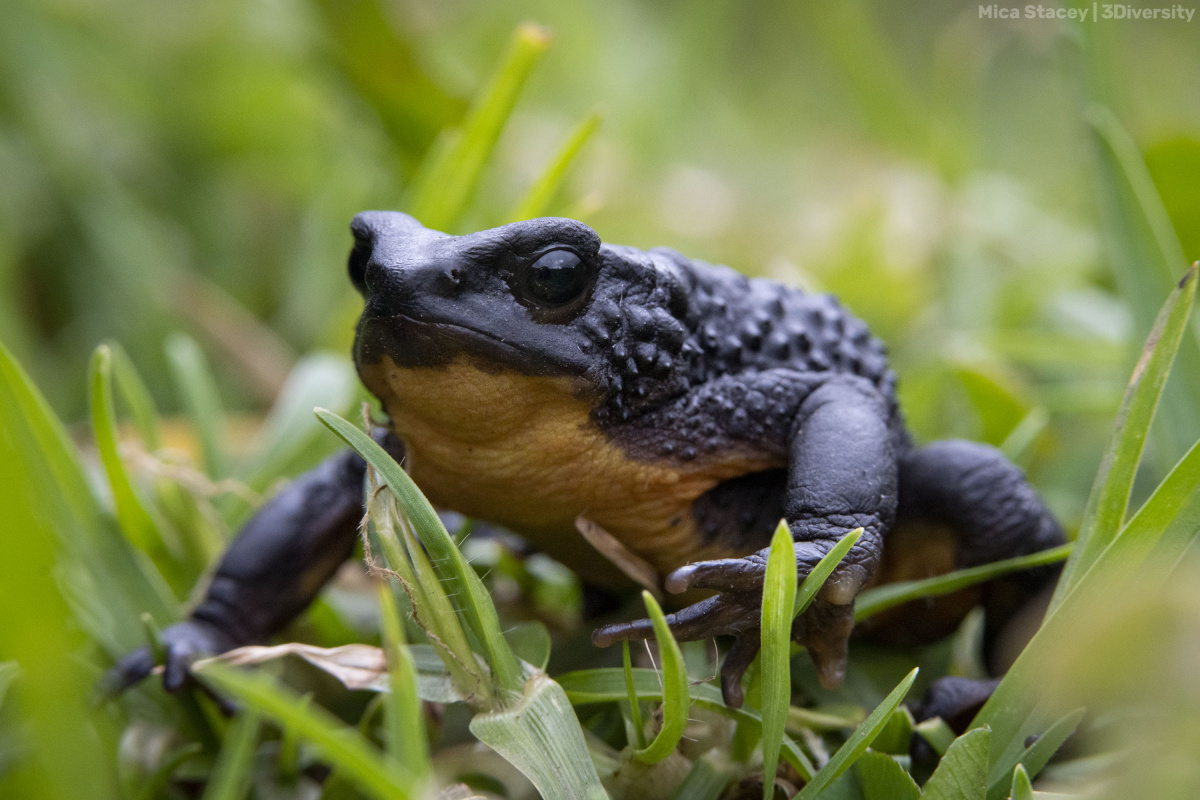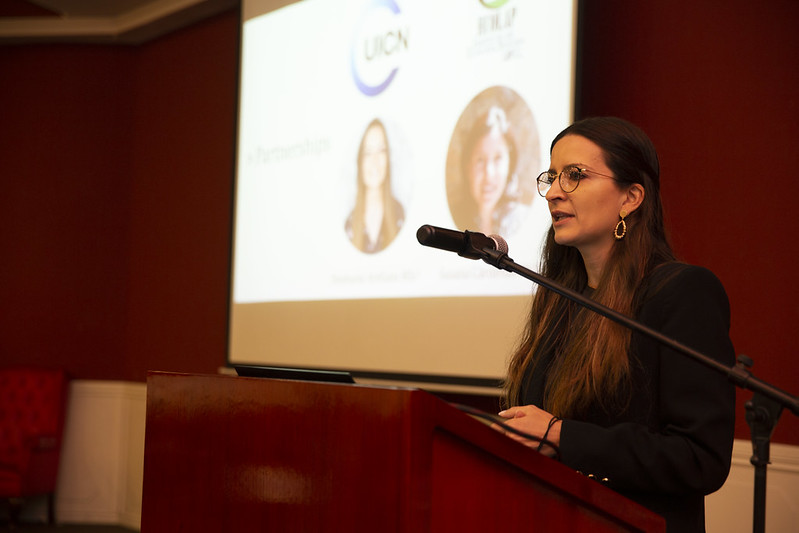Building capacity for engaging communities in tackling illegal wildlife trade
CEESP News: by Dilys Roe, Chair of the IUCN Sustainable Use and Livelihoods Specialist Group (SULI) and Principal Researcher at the International Institute for Environment and Development (IIED) *
Between September and November 2020, the joint SSC/CEESP Sustainale Use and Livelihoods Specialist Group partnered with the IUCN East and Southern Africa Regional Office (IUCN ESARO) and the International Institute for Environment and Development (IIED) to deliver a series of online training sessions on different approaches to engaging communities to tackle illegal wildlife trade (IWT).
Photo: Scoring the importance of different pathways to community engagement in Olderkesi Conservancy, Kenya
The online series was funded through a USAID Kenya and East Africa programme called ‘Conserving Natural Capital and Enhancing Collaborative Management of Transboundary Resources (CONNECT)’ which specifically focusses on the East African region but the content is relevant to all working on this IWT.
The series was based on the application of the ‘Local Communities: First Line of Defence against Illegal Wildlife Trade’ (FLoD) approach, which aims to support designers and implementers of anti-IWT strategies and projects to effectively engage local communities as partners.
The FLoD approach takes advantage of an iterative learning process to help local communities, project designers and implementers at site and landscape levels to understand the context-specific motivations and assumptions that underpin the activities (legal and illegal) of local communities.
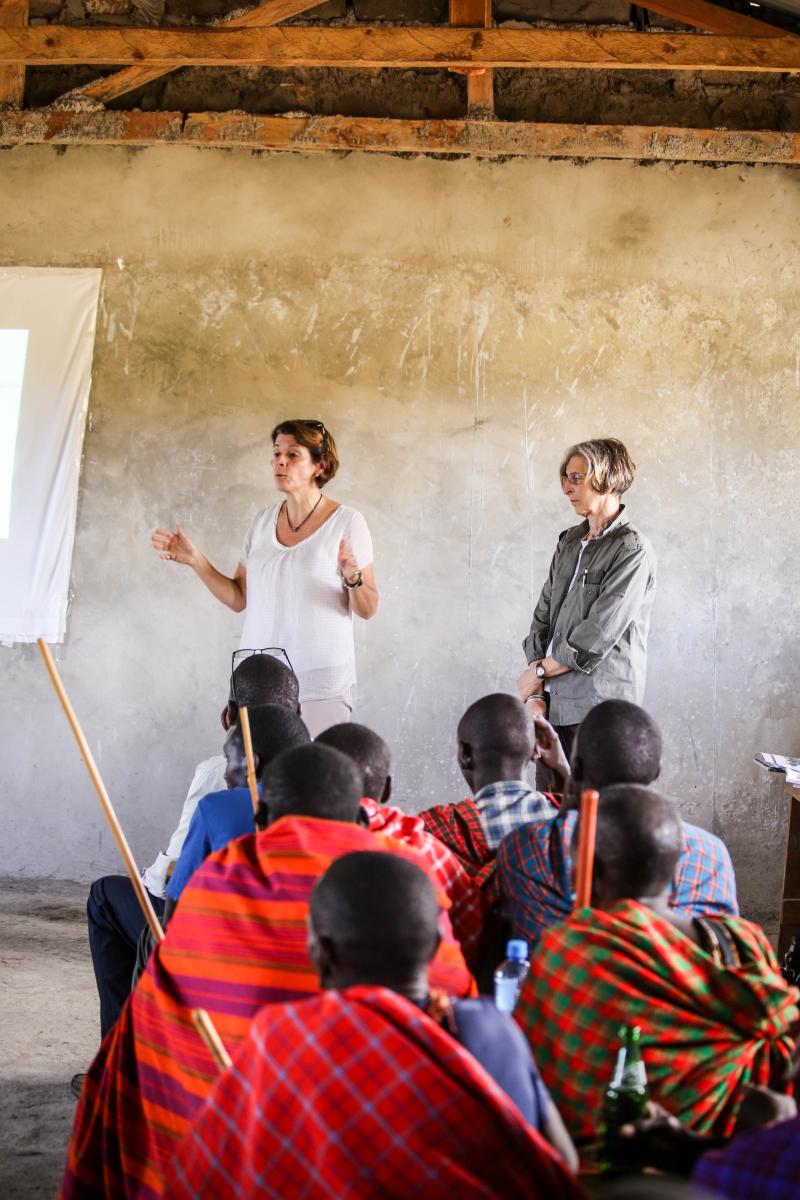 Photo: TBD
Photo: TBD
Photo left: SULi Chair Dilys Roe and SC member Holly Dublin working with the maasai community at Olderkesi, Kenya, to test the FLoD methodology
Recordings and presentations from the training sessions are available at https://www.peoplenotpoaching.org/training/communities-combating-illegal-wildlife-trade-online-learning-series-east-african-community and will supplement a comprehensive training course on FLoD, which is currently under development with support from the BIOPAMA programme supported by the European Union and the Organisation of African, Caribbean and Pacific States. And you can read a Q&A with some of the participants here: https://www.iied.org/qa-communities-combating-illegal-wildlife-trade-east-africa
The IIED/SULi web portal - https://www.peoplenotpoaching.org/ - includes a database of over 100 case studies from around the world and in a fantastic resource for anyone interested in exploring practical examples of community engagement. We are always looking for more examples, so if you have case studies you would like to add please get in touch!
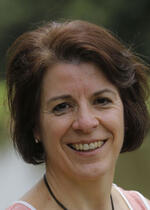 Dilys Roe
Photo: Dilys Roe
Dilys Roe
Photo: Dilys Roe
